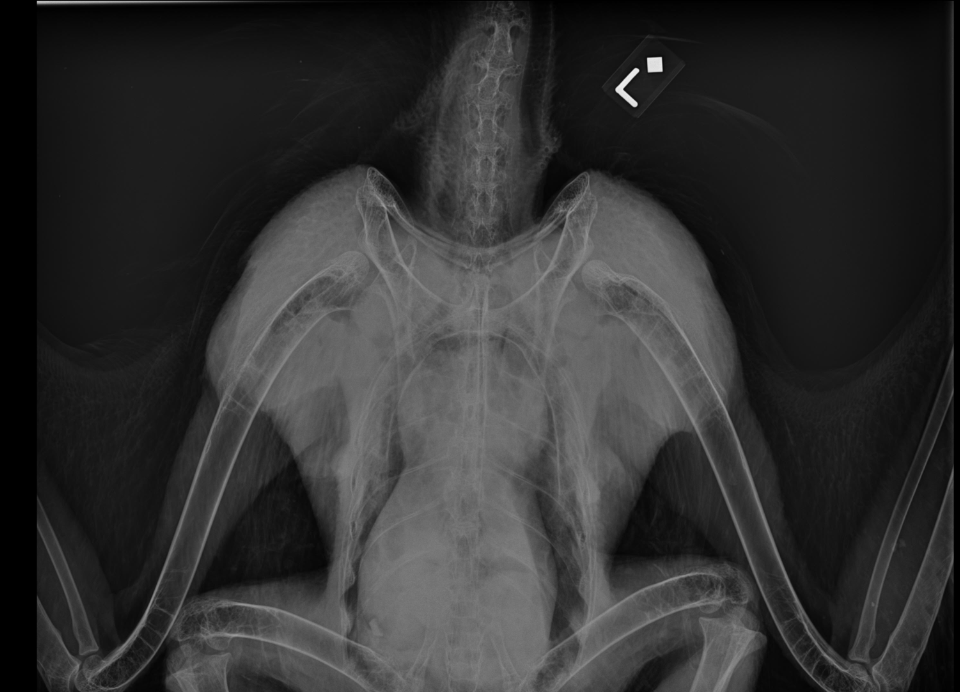First Bald Eagle with Highly Pathogenic Avian Influenza Found in our area!

Southwest Virginia Wildlife Center of Roanoke recently received a Bald Eagle from Carvin’s Cove that tested positive for Highly Pathogenic Avian Influenza. This is the first Bald Eagle with this disease in Southwest Virginia.
January 10th, 2022 — The Southwest Virginia Wildlife Center received a Bald Eagle on December 8th, 2022 from Carvins Cove. Unfortunately, the eagle was found deceased in the cove. After a thorough examination by our veterinarian and medical team we still couldn’t identify the cause of death and contacted the Virginia Department of Wildlife Resources (DWR) and requested further testing. DWR, had us send it to the University of Georgia College of Veterinary Medicine where it was confirmed to have Highly Pathogenic Avian Influenza (HPAI). According to the state biologist at DWR, this is the first known case of HPAI in a Bald Eagle in southwest Virginia.
Background: Given the unusual circumstances of this case our first concern was that the eagle was shot or had high lead toxicity and succumbed to its injuries in the water. However, after X-rays, no fractures or additional signs of trauma were noted. The necropsy revealed that its organs appeared normal and there was no internal bruising or bleeding. At this point, HPAI was suspected and the eagle was sent to the University of Georgia College of Veterinary Medicine for further testing. After conducting a PCR test they were able to confirm the presence of HPAI on December 19th, and additional samples were sent to National Veterinary Services Laboratory (NVSL) who provided a second positive confirmation. NVSL was also able to specifically tell that this particular eagle was infected with a strain found predominantly in geese.
“If the public finds dead wild upland game birds, avian scavengers, (crows, raptors, owls, etc) or find 5 or more dead waterfowl, shorebirds, or seabirds in the same area with 1-2 days please notify the Department of Wildlife Resources (DWR) at 855-571-9003.” -DWR.
- Lack of muscle control or coordination
- Head tilt
- Difficulty walking or flying
- Nasal or eye discharge
- Coughing or sneezing
- Sudden death
- Lack of appetite
- Diarrhea
- Swelling
- Purple discoloration
**At this time we are not admitting vultures (Turkey or Black) unless witnessed being struck by a car. Due to their scavenging nature they are the most likely to come in contact with HPAI. To date, there has been no reported HPAI-related human illness in the United States. The Centers for Disease Control and Prevention (CDC) considers the risk to the general public from HPAI infection to be low.